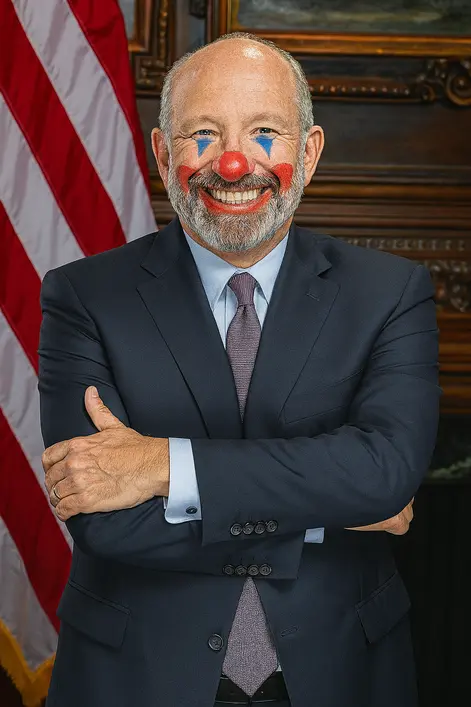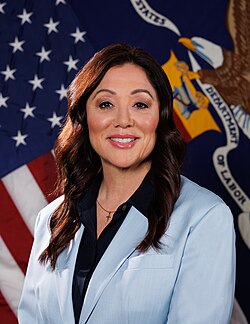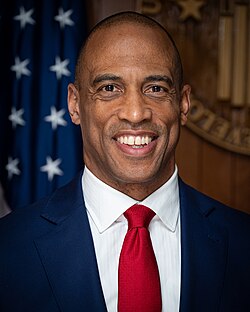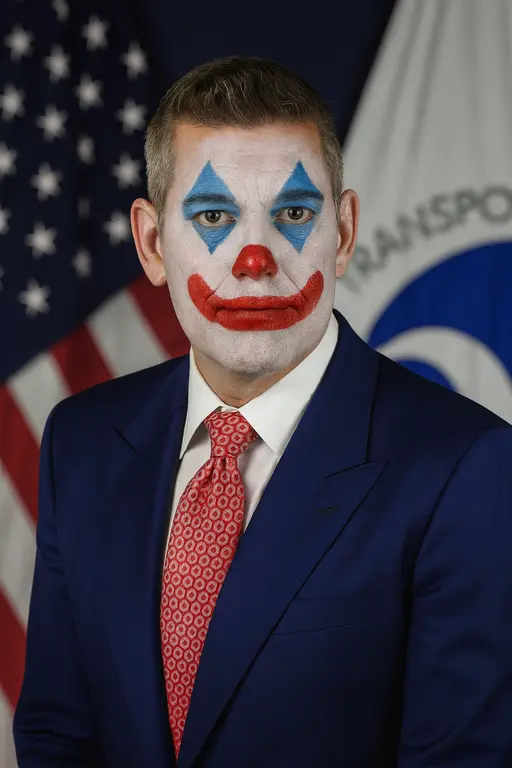Trump's Trade War Bluster Sends Markets into a Tailspin
Analysis of Trump's Trade War Bluster
Authoritarian RiskRationale
The erratic trade policies contribute to economic instability, which can lead to disillusionment among the populace, creating risks for democratic processes. Although not a direct assault on democracy, it signals poor governance and potential authoritarian tendencies through economic control.
In a masterclass of economic sabotage, President Trump declared that the U.S. doesn't need to sign any trade deals, contradicting his own Treasury Secretary's statements. Markets responded predictably: the Dow plunged 389 points, the S&P 500 dropped 0.8%, and the Nasdaq fell 0.9%. Major companies like Ford and Mattel suspended earnings forecasts, citing the administration's erratic trade policies.
Trump Suggests Canada Join U.S. as 51st State; Carney Politely Declines
During a meeting with Canadian Prime Minister Mark Carney, President Trump floated the idea of Canada becoming the 51st U.S. state. Carney firmly rejected the notion, stating, 'Canada is not for sale.' Trump responded with his usual tact, saying, 'Never say never.' The exchange added tension to already strained U.S.-Canada relations.
Supreme Court Reinstates Trump's Transgender Military Ban
Supreme Court Reinstates Trump's Transgender Military Ban
Authoritarian RiskRationale
The reinstatement of the ban on transgender individuals in the military can be seen as an erosion of civil liberties, as it limits the rights and opportunities of a marginalized group based solely on their identity. Additionally, the manner in which the policy was pursued could be perceived as delegitimizing opponents, framing them as enemies of national security or unity.
The U.S. Supreme Court allowed the Trump administration to reinstate its ban on transgender individuals serving in the military, overturning a lower court's injunction. The decision, opposed by the court's three liberal justices, reignited debates over military inclusivity and civil rights.
Andrew Giuliani Appointed to Lead 2026 FIFA World Cup Task Force
Analysis of Andrew Giuliani's Appointment
Authoritarian RiskRationale
This appointment exemplifies the normalization of nepotism and political favoritism, undermining the meritocratic principles required for fair governance. Although it may not constitute a direct assault on democracy, it signals a trend towards corruption and erosion of public trust in government.
In a move that surprised no one, President Trump appointed Andrew Giuliani, son of Rudy Giuliani, to lead the 2026 FIFA World Cup Task Force. Critics questioned the younger Giuliani's qualifications, citing the appointment as another example of nepotism within the administration.
Federal Judges Block Trump's Use of Alien Enemies Act for Deportations
Two federal judges ruled that President Trump's invocation of the 18th-century Alien Enemies Act to deport Venezuelan migrants was unlawful. The judges criticized the administration's actions as lacking due process and exceeding the scope of the law, marking a significant judicial rebuke of the administration’s immigration enforcement strategy.


























